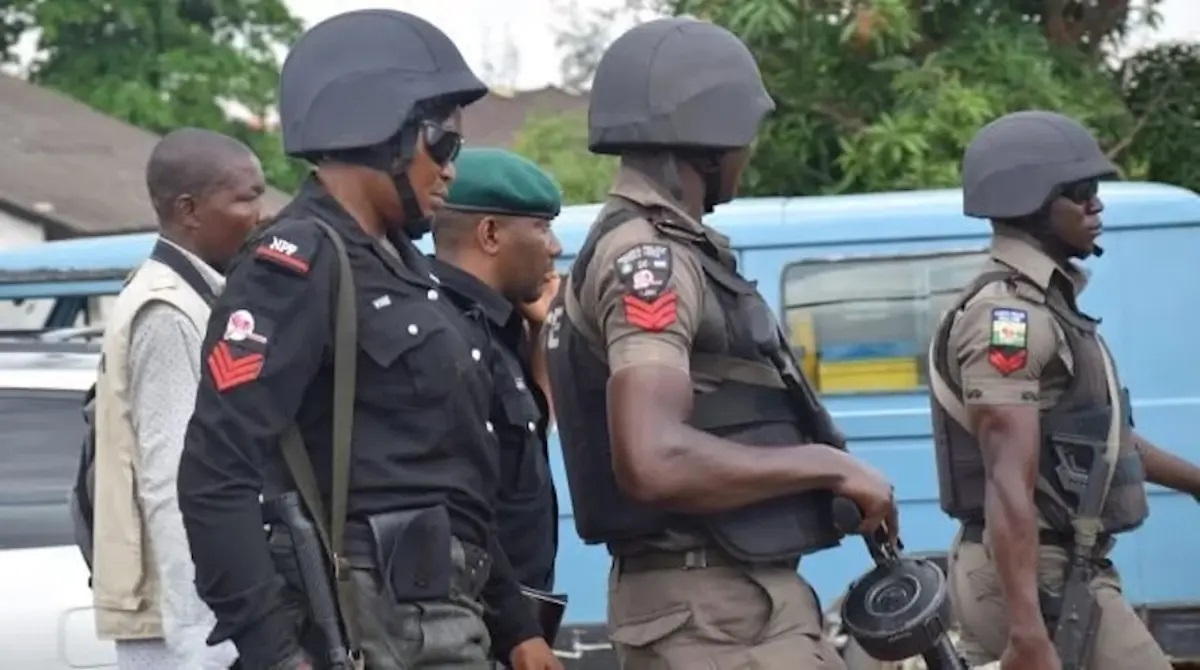In recent years, there have been loud agitations for the creation of state police for each of the 36 states of the federation to complement the efforts of the Nigeria Police Force (NPF) in the management of public safety and security in Nigeria.
Majority of those advocating this idea believe that Nigeria’s security challenges can only be effectively tackled at the grassroots, through the creation of an additional layer of policing at the state level.
- Facebook slams two-year ban on Trump
Nigerians opt for Virtual Private Networks as FG suspends Twitter
Historical records show that the idea of a state police is not new. Nigeria had experimented with the idea in the past but jettisoned it due to its negative consequences on universal human rights, the safety and security of the poor and powerless as well as the right of expression of opposition political parties, groups and individuals. We must not attempt to solve a new problem by resorting to an older and more dangerous one.
Most of those canvassing the idea of a return to state policing, including governors, federal and state legislators did not experience the native authority policing system. I am, therefore, making this submission to remind Nigerians, both the young who have no experience and the old who forgot their experience, of the dangers of what they are canvassing for and to share with them my personal experiences and bitter encounters with state police in the pre-independence era during the NEPU/NPC political rivalries.
The security outfit, then known as the Native Authority Police, is similar to the proposed state police. The NA Police was directly managed and controlled by each regional government in much the same way today’s governors want to control state police. Those in power in the First Republic used the NA Police to victimize their political opponents, mostly on framed-up and fictitious charges. Thus, many of us, who were in the opposition, particularly in the defunct Northern Region, were constantly harassed, molested, arrested, jailed and dehumanized while in prison.
At this juncture, I would like to emphasize the fact that the most widely reported cases of protests in Nigeria’s pre-independence era were protests triggered by the high-handedness of the NA Police. The protests were more justified than the recent EndSARS protests as the NA Police, then in the hands of political office-holders and traditional rulers, particularly in the defunct Northern Region, was far more oppressive, violent and brutal. The current federal police, in comparison with the Native Authority Police, is humane, compassionate and civil.
The following points shall be very helpful while toying with the idea of a return to state policing.
Threat to national unity – The political stability of Nigeria will be further threatened because, not only will all the 36 governors will be at liberty to use the security outfit to molest and oppress their perceived opponents, both within and outside their respective political parties, they will also use their state police against non-indigenes as is already happening in many jurisdictions. In many states, non-indigenes are considered second class citizens. Who will ensure they are treated fairly and justly by the various state police forces? Discrimination in law enforcement in various jurisdictions will lead to mass political unrest and social disorder.
Conflict of interest – As long as there are multiple commands in any formation, loyalty becomes divided. This is very dangerous to security management, especially in a very complex country, like Nigeria. Also, there will be conflict of jurisdiction. For example, which of the two forces will have the power of arrest, investigation and prosecution? If they both do, what happens when the governor or his party is implicated in unlawful activities? Will they allow the federal police to arrest, investigate and prosecute the suspects or will they use their state police to shield the suspects? Will that not lead to constant conflict between the two police forces?
Proliferation of firearms – Already, Nigeria is a haven for arms traffickers, with too many weapons in the hands of the wrong persons. Who will stop some state governments from recruiting the wrong persons in their various state police forces? Already, we know that some states recruit thugs as teachers, traffic wardens, etc. For example, the local security outfit in the South West, Amotekun, is populated by members of Odua People’s Congress which has been declared by the Obasanjo administration as an outlawed organization after it was implicated in the unlawful killing of rival factions and non-indigenes.
Instead of dissipating energy and resources on creating an additional layer of policing, we have to reorder our policy priorities and options.
We must stop paying lip service to reforming the federal police and pay adequate attention to their welfare, training, discipline, equipment and then increase their number. A nation of 200 million people cannot be adequately covered by a police force of 300,000 personnel that are ill-trained, ill-equipped, ill-motivated and mainly deployed to protect political office holders and other important people instead of the citizens.
Alhaji Salihu Abubakar Tanko Yakasai (OFR)

 Join Daily Trust WhatsApp Community For Quick Access To News and Happenings Around You.
Join Daily Trust WhatsApp Community For Quick Access To News and Happenings Around You.


